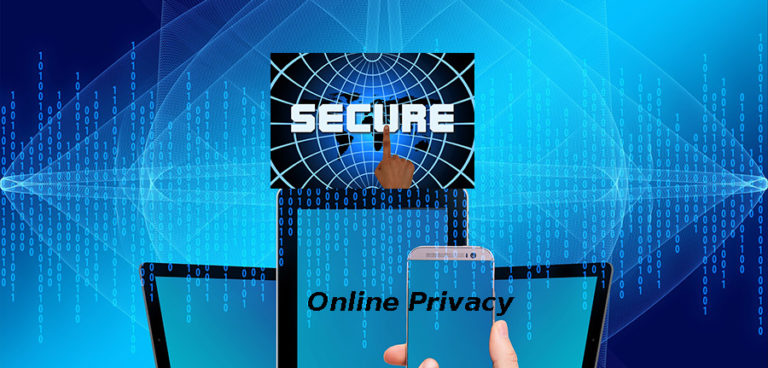Using the internet has become an essential resource for most people globally. It’s important to manage our personal information and activities online.
This leaves us vulnerable to identity theft and invasion of privacy.
Who could potentially access your online information?
Your activities online can be accessed by your ISP (Internet Service Provider.)
Advertisers and corporations use your personal information and online browsing data to learn more about your spending habits.
If you use WiFi connections that are not secure, hackers could access your information and steal your sensitive data.
How you can protect your privacy online:
Do a thorough assessment of your online activities.
Install the latest antivirus software on your devices. Make sure that you use good antivirus programmes from trusted companies.
A VPN (Virtual Private Network) protects your privacy online and secures your web sessions. VPN technology also enables you to hide your IP address.
Be careful about the information that you share on social networking sites. Avoid sharing too much personal information such as your birthday your address and email address.
One of the easiest ways to protect your privacy online is to use a secure email service provider like Gmail or Yahoo.
Be careful when opening emails, clicking on links or downloading attachments.
Be careful about using Facebook Apps.
Only use sites with SSL, that encrypts your data.
- Make sure that you use strong passwords. A lot more can be done in this regard in particular. Don’t just use one password. By using one password you open up yourself to the chances of a hacker or imposter gaining access to multiple accounts.
- Create a password that is easy to remember but difficult for others to guess.
- Make your password long. The longer the better, because they’re harder to crack.
- Include numbers, capital letters and various symbols.
- Avoid dictionary words. Criminals can use software that can guess words used in dictionaries.

